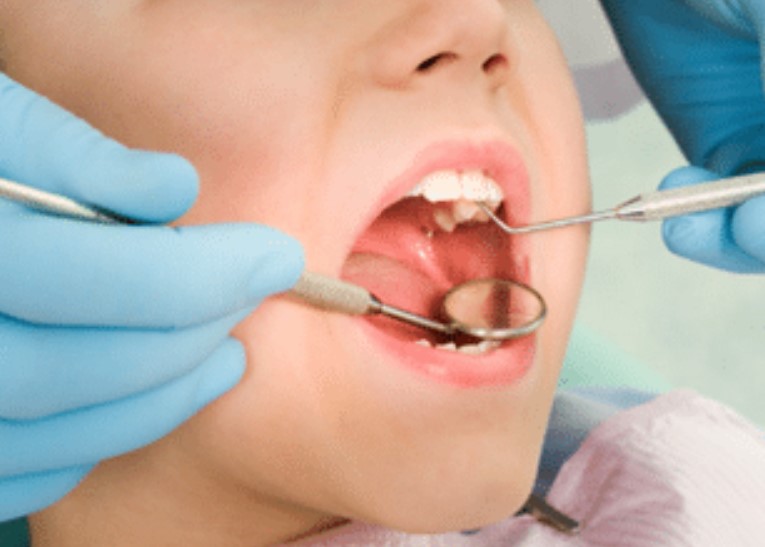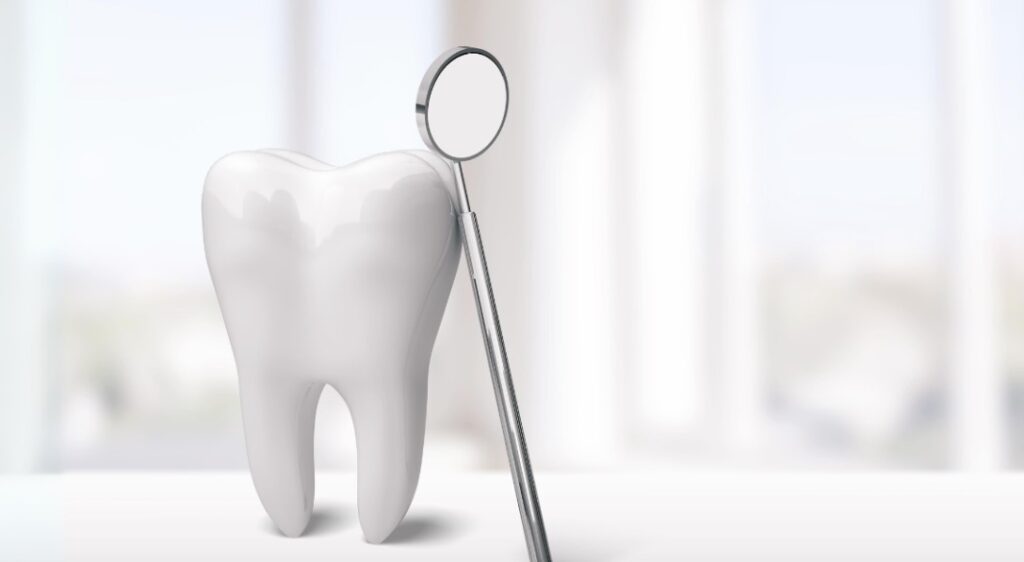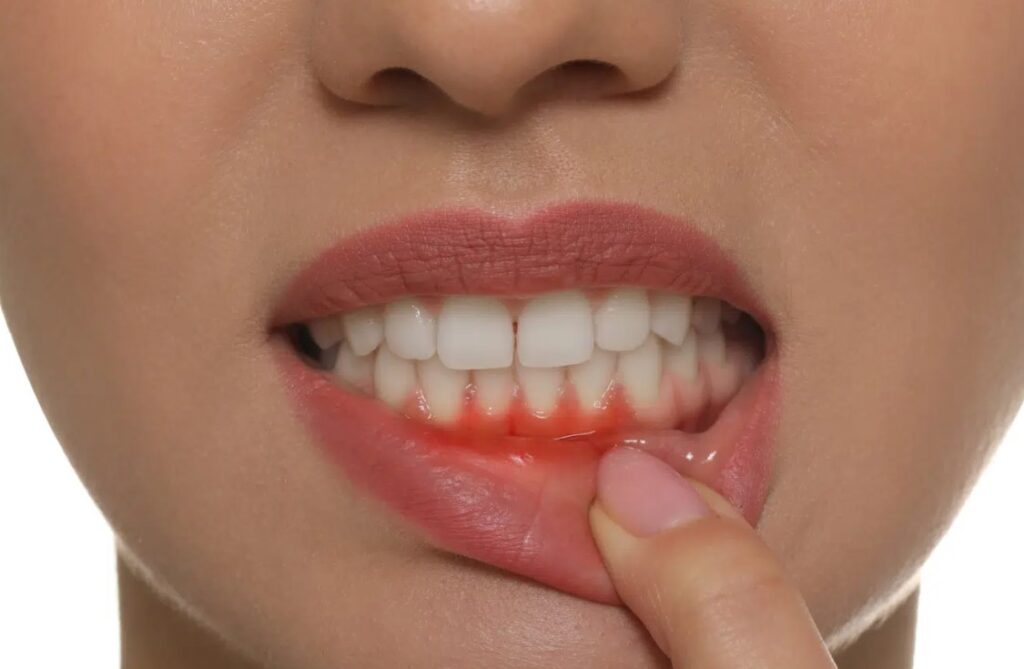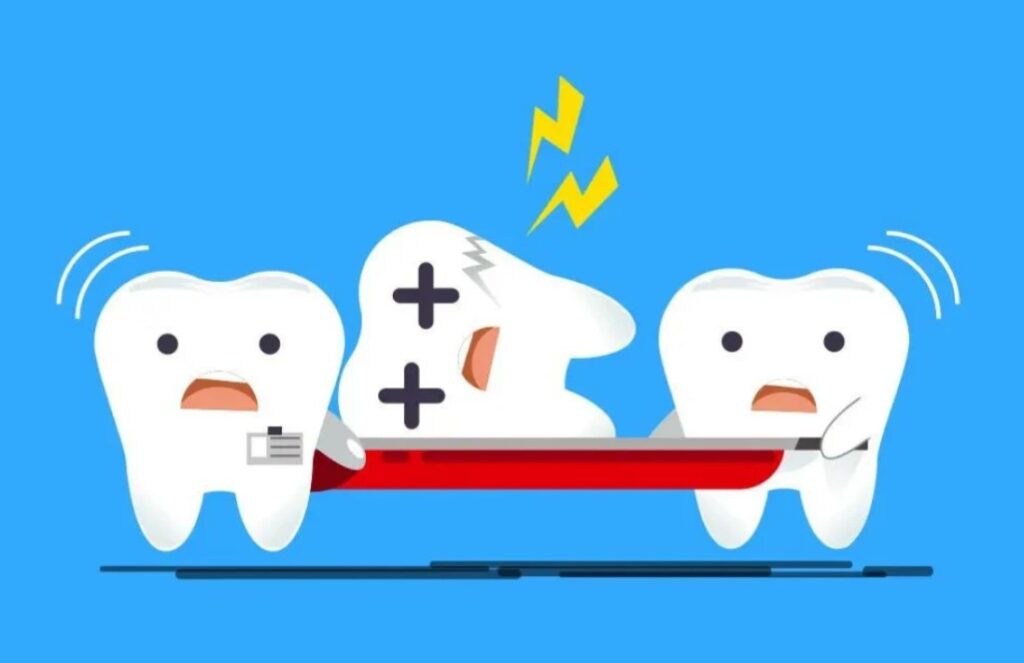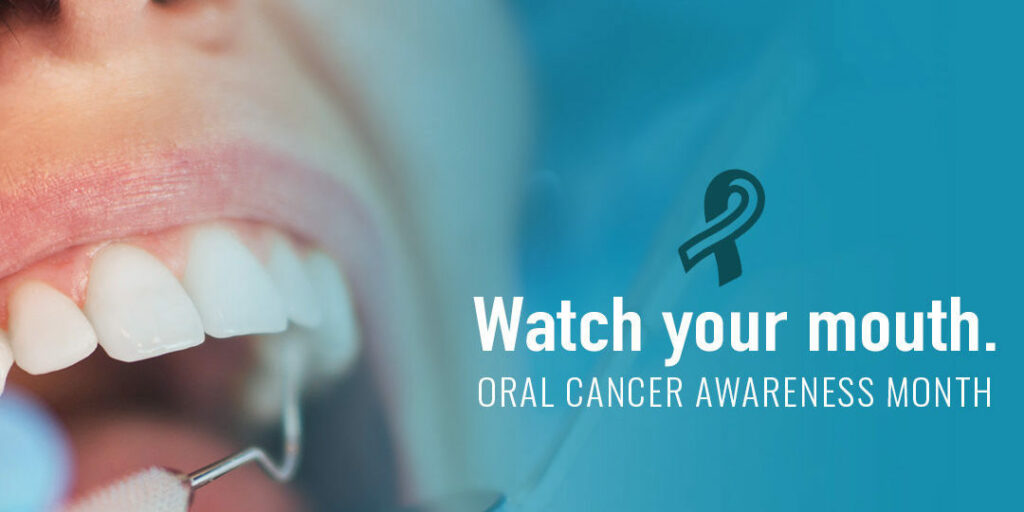
Sleep is essential for your physical and mental health—but did you know it’s also critical for your oral health? One of the most overlooked conditions with both general and dental health implications is sleep apnea. As your trusted partner in oral wellness, GPS Dental wants to help you understand how this sleep disorder can affect your teeth, gums, and overall quality of life.
What is Sleep Apnea?
Sleep apnea is a disorder in which breathing repeatedly stops and starts during sleep. The most common type is obstructive sleep apnea (OSA), which occurs when the muscles at the back of your throat relax excessively, narrowing or closing off your airway.
People with OSA often snore loudly and may feel tired even after a full night’s rest. However, beyond fatigue and sleep disruptions, sleep apnea can cause a cascade of other health issues—including ones that start right in your mouth.
How Dentists Help Identify Sleep Apnea
You may not think of your dentist as a key player in diagnosing sleep disorders—but you should. During routine exams, dentists can spot signs and symptoms that point to sleep apnea.
These include:
- Teeth grinding (bruxism): Often a reflex to restricted breathing.
- Flattened or worn teeth: A classic indicator of nighttime clenching.
- Dry mouth or sore throat: Caused by frequent mouth breathing at night.
- Red or irritated throat and palate: A result of snoring or gasping for air.
- Enlarged tongue or tonsils: Which may block airflow during sleep.
- Jaw pain or tightness: Often related to jaw tension and grinding.
Because we see patients every 6 months—or more if there are ongoing issues—dentists are often the first health professionals to raise red flags.
Oral Health Complications Linked to Sleep Apnea
Sleep apnea can lead to a variety of oral health problems, some of which might surprise you.
Here’s how:
1. Bruxism (Teeth Grinding)
Bruxism is one of the most common oral health conditions associated with sleep apnea. People grind their teeth unconsciously as a response to airway obstruction. This grinding can lead to:
- Tooth sensitivity
- Worn enamel
- Chipped or cracked teeth
- TMJ (temporomandibular joint) disorders
- Chronic jaw pain
Over time, this can severely damage the teeth and increase the need for crowns, veneers, or even dental implants.
2. Dry Mouth and Increased Cavity Risk
Many individuals with sleep apnea breathe through their mouths at night. This leads to dry mouth, which reduces saliva—the natural protector of your teeth and gums. A lack of saliva increases the risk of:
- Tooth decay
- Gum disease
- Bad breath
- Oral infections
Dry mouth also makes it uncomfortable to wear dental appliances like dentures or retainers.
3. Gum Disease (Periodontitis)
Studies have shown a strong link between sleep apnea and gum disease. Inflammation from disrupted sleep patterns can exacerbate gum problems. Sleep apnea also alters immune function, making it harder for your body to fight off the bacteria that cause gum disease.
Symptoms of gum disease include:
- Red, swollen, or bleeding gums
- Receding gum lines
- Loose teeth
- Persistent bad breath
How Sleep Apnea Affects Overall Health
Left untreated, sleep apnea doesn’t just impact your mouth—it can have serious consequences for your entire body:
- Heart disease
- High blood pressure
- Type 2 diabetes
- Stroke
- Depression and anxiety
- Weight gain
- Fatigue-related accidents
This is why early detection—especially at your dental visits—is so important.
How GPS Dental Can Help
At GPS Dental, we understand that your oral health is connected to your entire well-being. Unlike most general dentists, Dr. Skrobanek is trained and qualified to diagnose and treat sleep apnea directly—no outside referral needed.
If we suspect signs of sleep apnea during your exam, we’ll talk with you about your symptoms, sleeping habits, and any concerns you may have. Then, Dr. Skrobanek will guide you through the next steps:
1. Comprehensive Sleep Apnea Evaluation
Dr. Skrobanek can perform an in-depth screening and evaluation to determine if sleep apnea may be affecting your health and your smile. If needed, he can coordinate or recommend a home sleep study and provide direct treatment options.
2. Oral Appliance Therapy
For many mild to moderate cases of sleep apnea, a custom oral appliance (similar to a nightguard or mouthguard) can be incredibly effective. This device gently repositions the jaw to keep your airway open during sleep.
Benefits of oral appliances include:
- Easy to wear and clean
- Quiet (no machine or noise like CPAP)
- Portable for travel
- Non-invasive
Patients often find this treatment more comfortable and convenient than a CPAP machine.
3. Nightguards for Bruxism
If grinding is your main concern, we may recommend a custom-fit nightguard to protect your teeth from damage while you sleep.
4. Gum Disease Treatment and Preventive Care
We’ll also focus on managing any gum inflammation, treating dry mouth, and helping you build healthier habits to prevent tooth decay and oral discomfort.
Lifestyle Tips to Improve Sleep and Oral Health
Improving sleep apnea and your oral health often starts with small changes. Here are some dentist-approved tips:
- Maintain a healthy weight – Extra tissue in the throat can worsen sleep apnea.
- Sleep on your side – This helps keep your airway open.
- Limit alcohol and sedatives – These relax your throat muscles.
- Stay hydrated – Reduces dry mouth symptoms.
- Practice good oral hygiene – Brush twice a day, floss daily, and use a fluoride rinse.
- Avoid caffeine and large meals before bed – These can disrupt sleep.
Don’t Sleep on Your Dental Visits!
Remember: dental visits aren’t just about teeth. They’re a window into your overall health.
If you’ve been struggling with fatigue, headaches, jaw pain, or are waking up with a dry mouth or sore throat, it’s worth bringing up at your next dental checkup. At GPS Dental, we take your health seriously and are trained to look for the subtle signs that could indicate a larger issue—like sleep apnea.
Let us help protect more than just your smile—we’re here for your total wellness.
Book Your Appointment Today
Your journey to better health and better sleep starts with a visit to GPS Dental. Whether you’re due for a checkup or want to learn more about oral appliance therapy for sleep apnea, Dr. Skrobanek and our experienced team are ready to help.
📞 Call us today at 210-633-3477 — let’s keep your smile healthy and your sleep restful.
Dr. Gary P. Skrobanek is a dental implant dentist and his experienced, friendly team at GPS Dental offer affordable family dentistry and gentle dental care in the San Antonio, TX area. Our Brooks City Base dentist office is conveniently located and offers early morning appointment times Monday through Friday to meet your needs. At GPS Dental, we provide most dental services, from family and general dentistry to dental implants, sleep apnea, TMJ / TMD Treatment, cosmetic dentistry and much more. We accept most dental insurance plans and offer affordable financial solutions for any budget. Call us at (210) 633-3477 to make an appointment.





